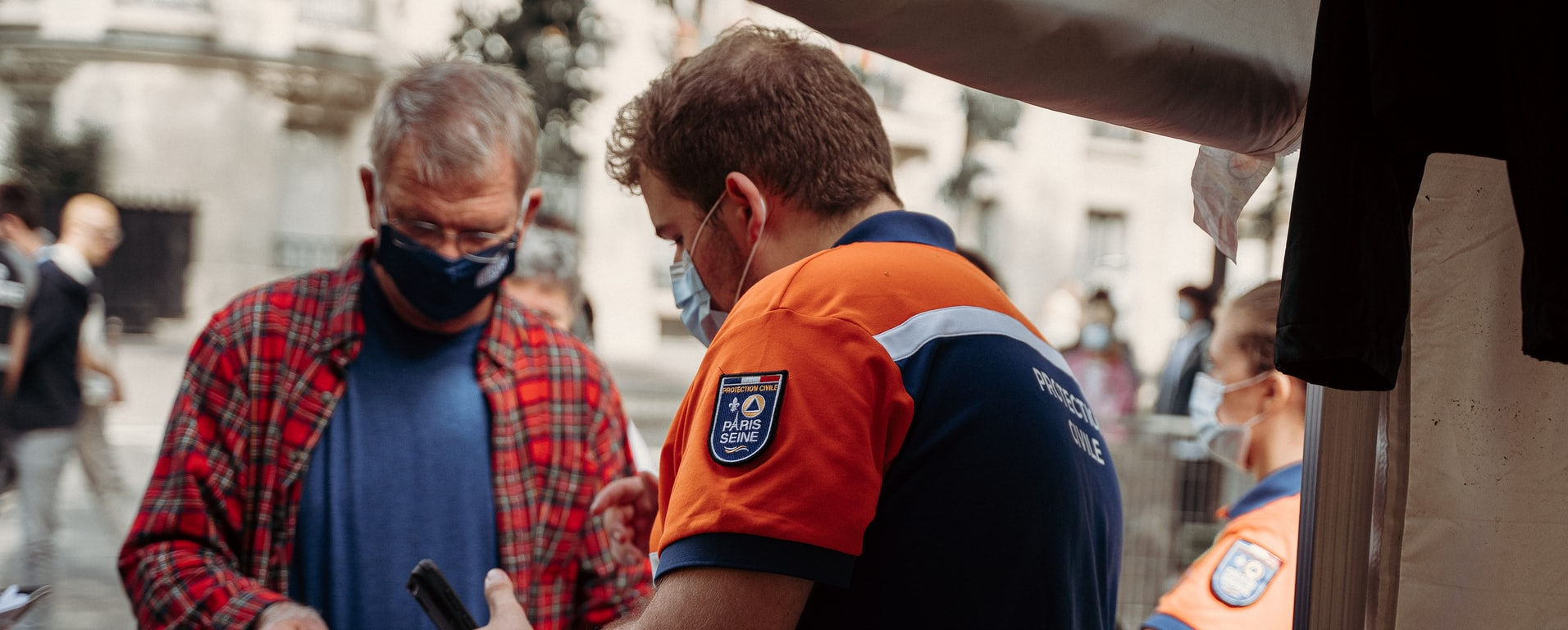Is Tourism Reviving?
The travel and tourism sector accounts for a substantial share of global employment. Prior to the onset of COVID-19, tourism alone accounted for 25 percent of all new jobs created. According to the World Travel and Tourism Council (WTTC), travel and tourism employed 334 million people in 2019 and its aggregate GDP contribution amounted to 10.4 percent of global GDP – or $9.2 trillion. Unfortunately, in a sector that saw total visitor spending of $1.7 trillion in 2019, the pandemic led to unprecedented job losses in 2020.
The WTTC estimated the travel and tourism sector’s total losses at $4.7 trillion in 2020. In only a year, its contribution to global GDP declined by half – to only 5.5 percent. Spending attributed to domestic visitors was down 45 percent. Meanwhile, the corresponding figure for international visitors was a massive 69.4 percent lower. While economies are bouncing back, and travel is off to a staggered start, the threat of further job losses in the sector still looms large.
Also, in a trend that will continue for the foreseeable future, international travel will register a much slower recovery. This is because there are ongoing restrictions in travelling to or from countries that are still reporting high COVID-19 case counts. Vaccination drives have made noteworthy gains but there is also the discouraging development of new strains of the virus. At the time of writing, the ‘delta’ variant has the medical community on tenterhooks again.
Domestic Tourism Will Lead Initial Recovery
The initial phase of recovery will be led by domestic tourism. Most of 2020 was witness to stringent lockdowns, leading to deferred travel plans. However, according to Trip Advisor, the same won’t hold true in 2021. “…domestic travel isn’t necessarily going to take a back seat in 2021,” it reported earlier in January.
Furthermore, the travel leader’s survey also found that almost two-thirds of respondents were planning on at least one overnight trip within their country in 2021. Travel plans featured even higher among US residents where 34 percent respondents said they were keen on taking as many as three domestic trips in 2021. In case of Australian and British travelers, the numbers stood at 31 percent and 24 percent, respectively.
Governments in countries that heavily relied on tourism have initiated programs to boost domestic demand in the absence of international visitors. In this regard, the Thai government earmarked $700 million to kickstart domestic tourism. Vanuatu offered grants to its tourism dependent SMEs. And in Jamaica, its government prioritized on offering skills enhancing classes to 10,000 individuals engaged in the travel and tourism sector. Meanwhile, the Costa Rican government adopted a novel approach. It temporarily shifted national holidays to Mondays. This meant more ‘long-weekends’, or an incentive for its residents to plan trips within the country.
Changes in Airline Travel
Due to the expected slow recovery in international travel, the airline sector will continue to experience stress. But just as the 9/11 incident two decades ago had forever changed security measures, similar is going to be the case for travel in a post-COVID world. Airline companies globally will possibly require a ‘vaccine passport’ in the near future – meaning they will only permit those travelers to book their services who have documentation to prove they were administered vaccine doses in full.
Measures such as these will help in standardizing travel protocols and hopefully usher in a rebound in travel sooner. What will likely continue into the foreseeable future—despite vaccinations—are usage of personal protective equipment such as masks and face shields in aircrafts and public spaces.
A trend that will see more interest is extended vacations. These could be in the form of travel starved visitors choosing to head-off for longer durations or remote workers who may choose to work from another region or country. This second kind of traveler is also being attracted by several countries worldwide, with some even granting tax holidays. Interestingly, this was an unintended benefit of remote working and one that has caught on with a fair number of ‘digital nomads’.
Looking Ahead
While there is no doubt enormous ‘pent-up’ demand in the travel and tourism sector, governments in tourism dependent countries must explore ways and means to diversify their economies. An event such as COVID-19 may not be a regular occurrence but when such calamities strike, they leave a trail of destruction – both literally and financially. Leveraging other key strengths will help cushion the impact of future unexpected events that lead to economic slowdowns and wide scale job losses in one particular sector.
More importantly, the travel and tourism sector must consider all avenues where technology use can help lower fixed costs. Travel industry entrepreneurs must also implement leaner operations going forward and stay prepared as a full-scale recovery is on the horizon.
Photo Caption: Tourists being checked if they have been fully vaccinated in Paris.




